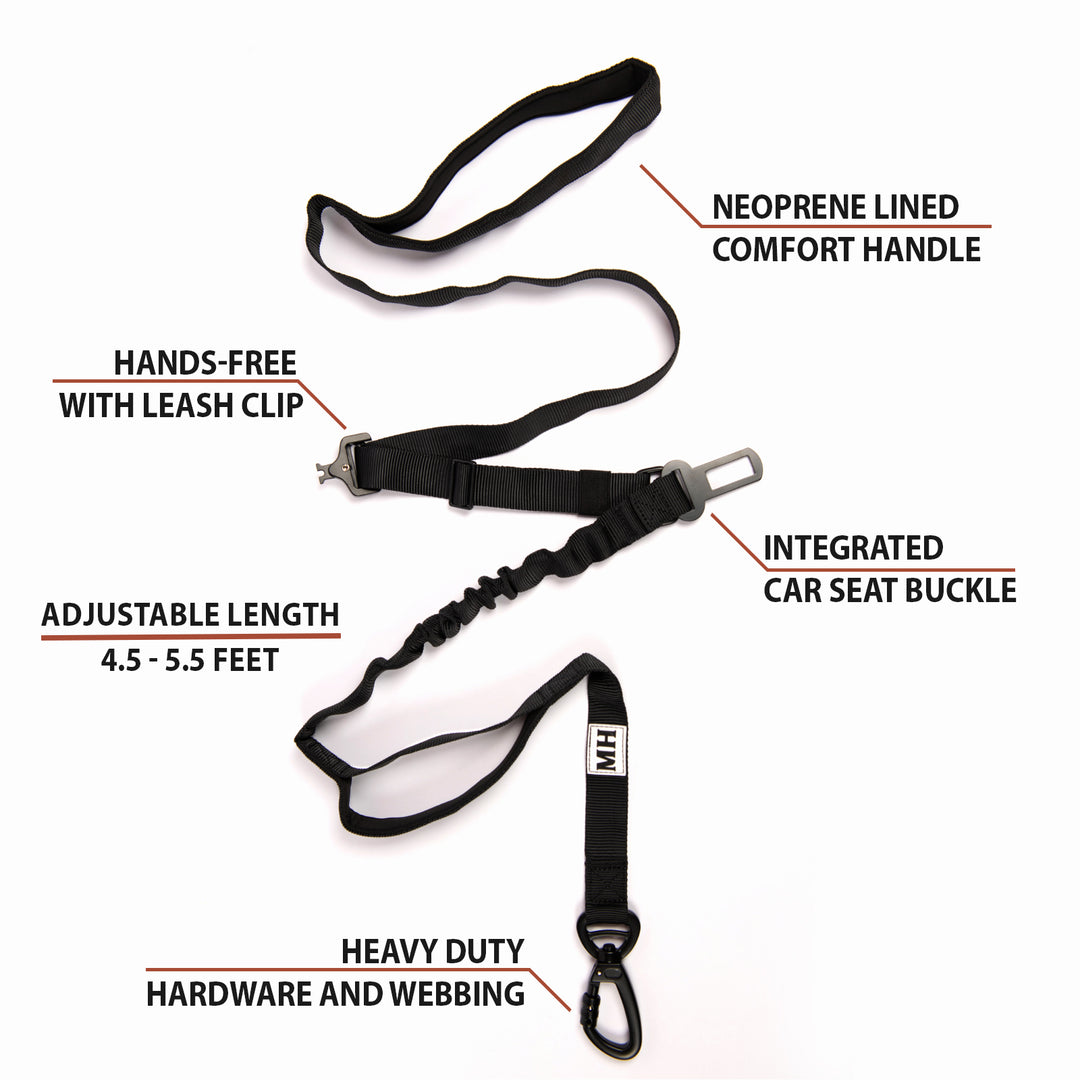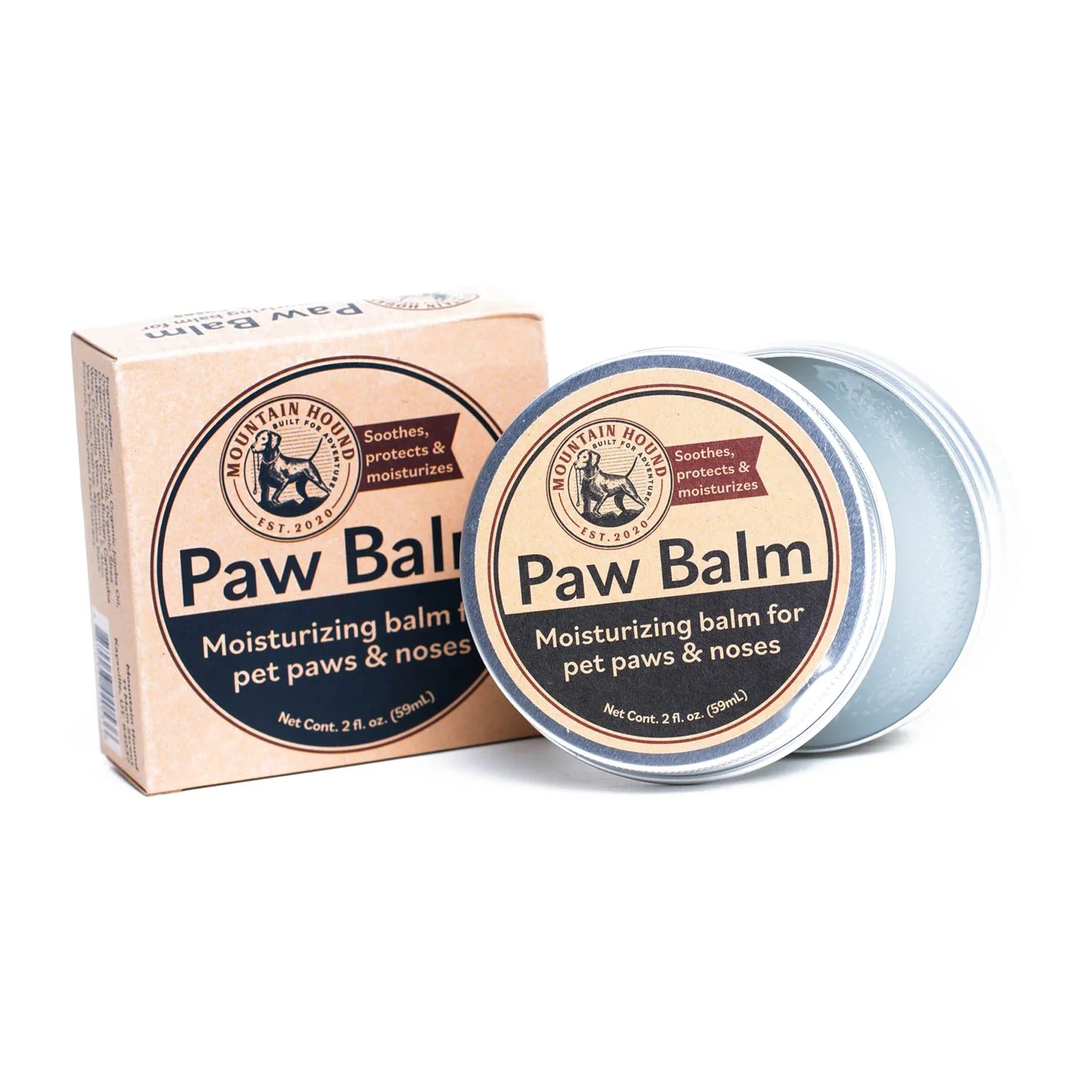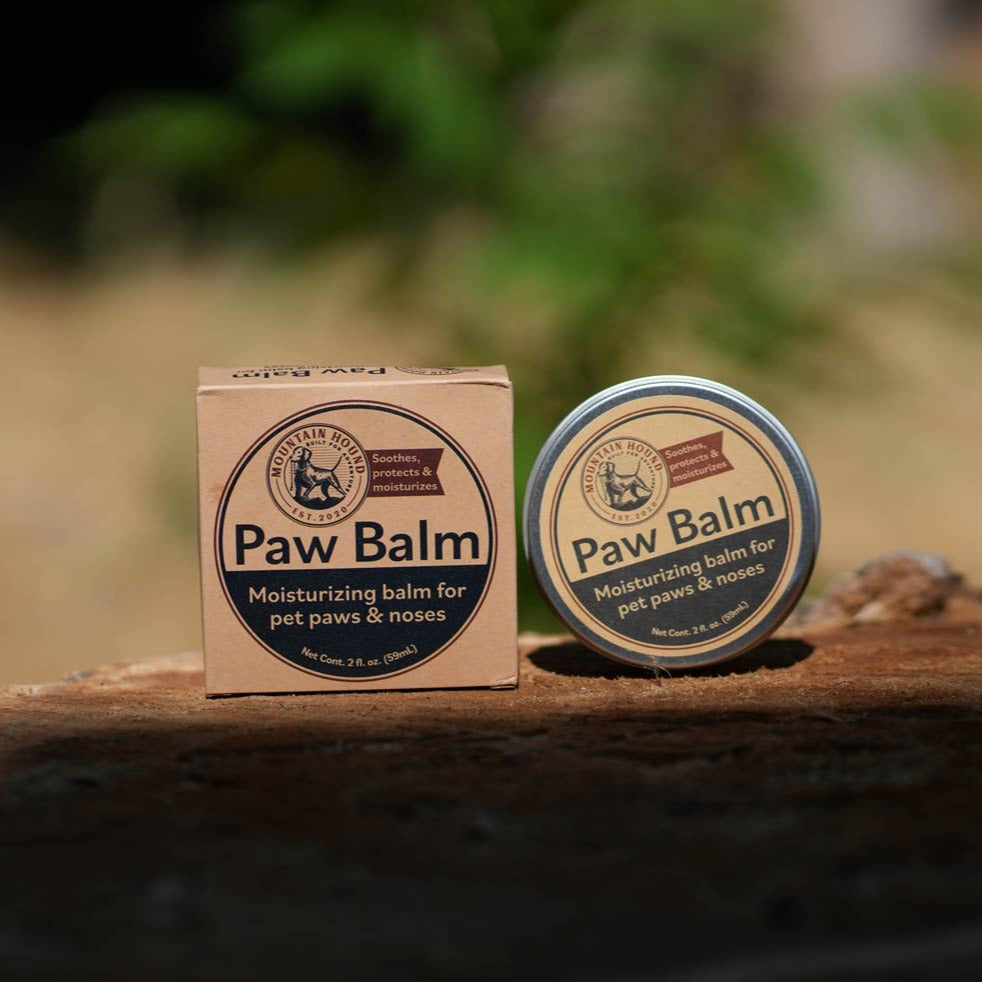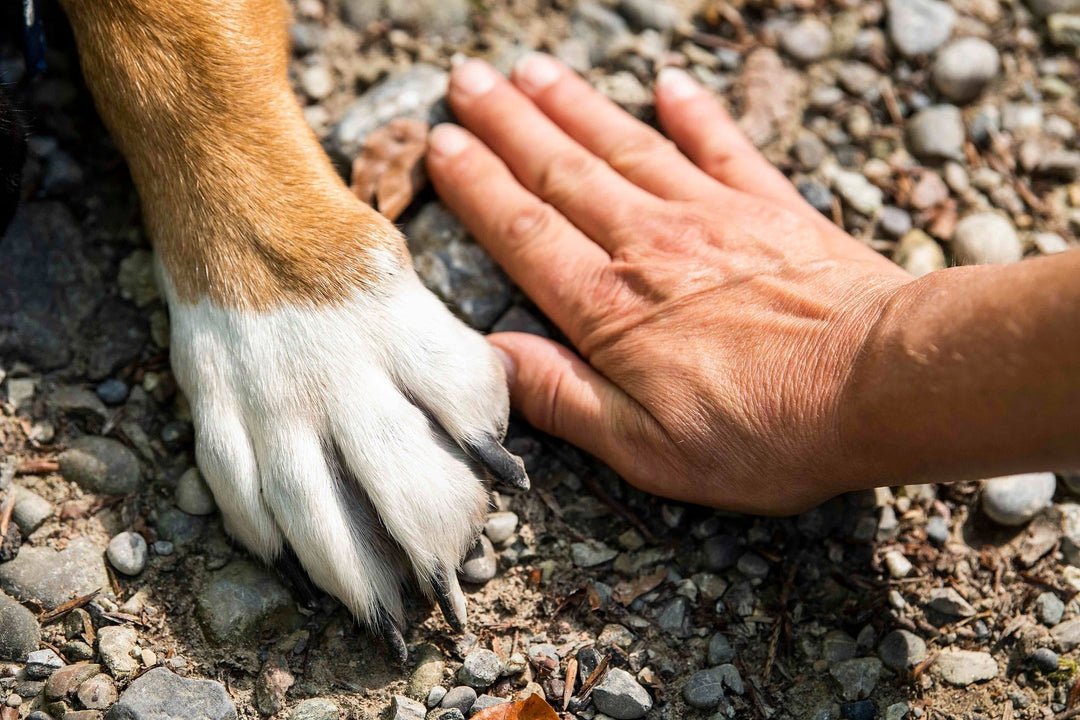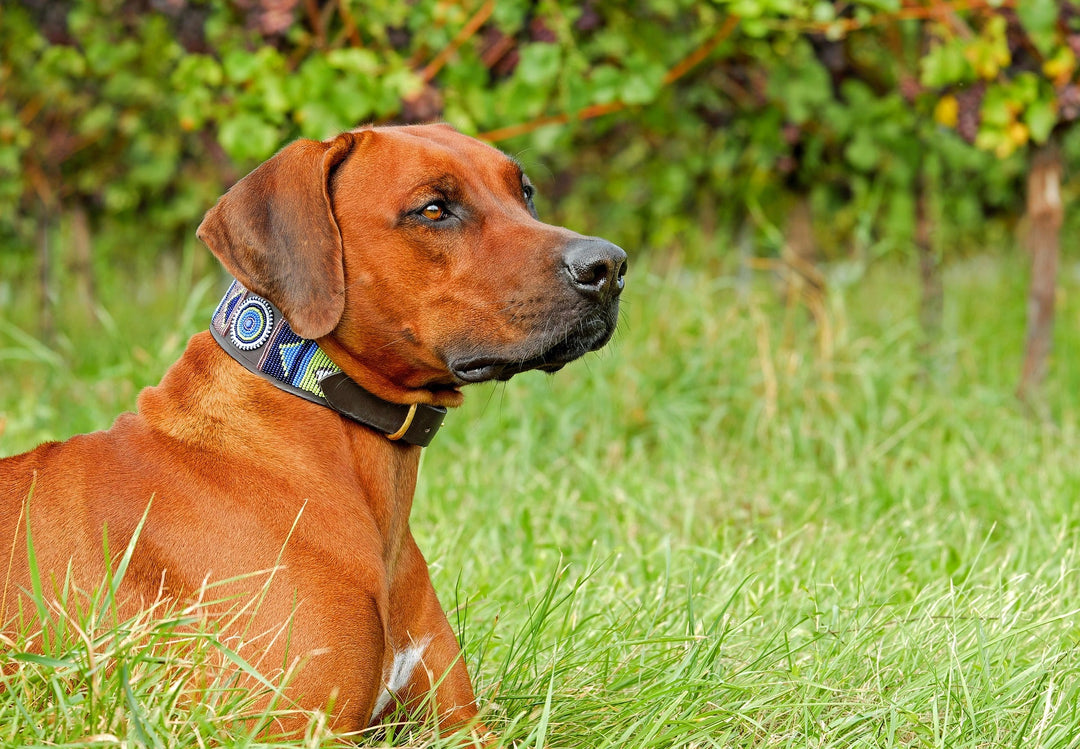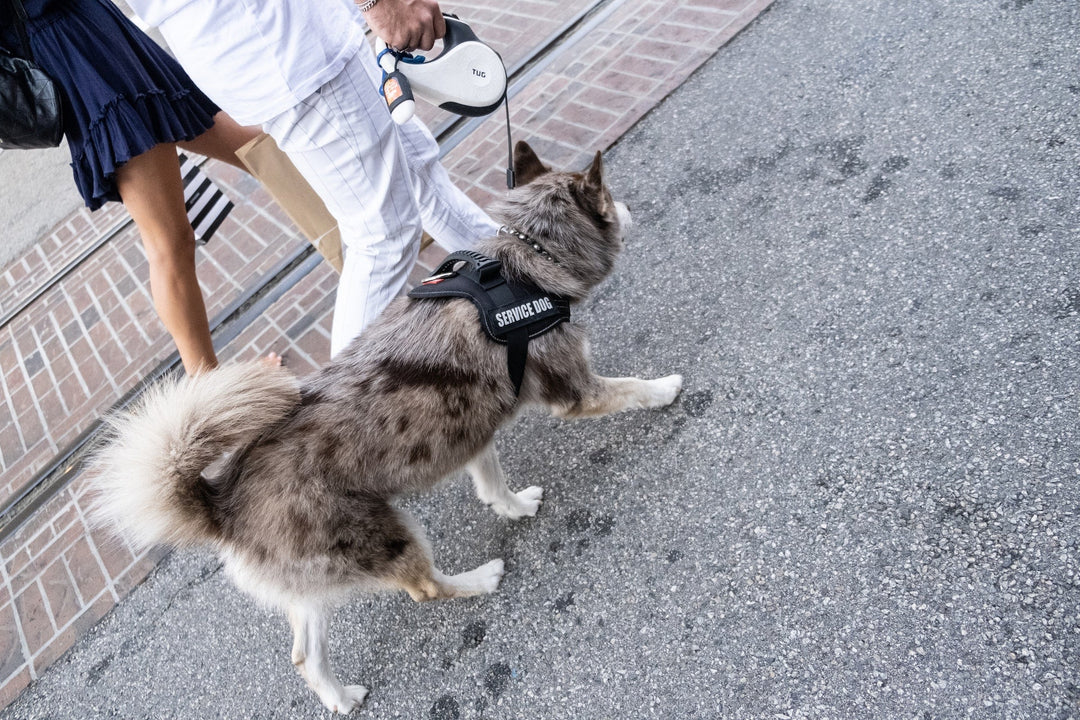How Common is TB in Dogs?

Canine Tuberculosis is a fairly uncommon disease that few pet parents will encounter (thankfully!) due to most dogs' natural immunity levels. However, that's not to say every dog is off the proverbial hook.
Unfortunately, TB is a zoonotic disease that can be passed between humans, from humans to animals and from animals to humans. This means TB is a disease that knows how to cross the great divide between species, and as such responsible pet parents should be aware of the dangers.
What is TB?
Tuberculosis is a bacterial infection spread through the air or contact with contaminated objects. The most common type of TB in animals is Mycobacterium bovis, which affects cattle, pigs, other large mammals, and dogs.
How do Dogs Contract TB?
Dogs can contract tuberculosis in several ways, including contact with other animals that have the disease (cows, dogs, cats, rats, moles), ingesting infected food or water, and exposure to airborne bacteria. Of course, this may leave you constantly worrying when out dog walking or if your hound happens to steal a snack from a furry friend's food bowl!
Don't panic; remember, canine TB is rare! Keeping your hound on a reliable leash when out dog walking in unfamiliar areas can also reduce the risk of accidental infection.
What are the Symptoms of TB?
Symptoms of canine tuberculosis include:
- Persistent cough
- Difficulty breathing
- Significant weight loss (anorexia)
- General lethargy and fatigue
- Fever
- Increased white blood cell count
- Vomiting (ongoing with no known cause)
Because TB symptoms can take months to appear after the infection, pet parents should be vigilant if their hound is displaying any unusual behavior or health issues.
What Treatments are Available for TB?
Unfortunately, treatment options for canine TB are limited, and in most cases, the only course of action available to pet parents is to have their furry friend euthanized. Gulp!
Can Humans Contract TB from Dogs?
Yes, humans can contract tuberculosis from their loveable hound and vice versa. Unfortunately, the disease is easily spread via coughing, sneezing and contact with saliva or other bodily fluids.
What can Pet Parents do to Protect Their Dogs from TB?
The best way for pet parents to protect their dogs from tuberculosis is to keep them up-to-date with their vaccinations. Regular vet visits and preventive care measures are also important to stop the spread of disease.
Preventative measures pet parents can take:
- Don't allow your dog to drink contaminated water.
Carrying a light weight dog bowl and fresh water when adventuring is advised, as puddles, streams, or ditch water may be contaminated by the feces or urine of other animals.
- Keep your hound on a leash when adventuring in the wild.
Contact with wild animals, even cute bunnies or squirrels, increases the risk of zoonotic disease. Instead, a bungee leash that provides the freedom your hound enjoys but still provides you with full hound control is the ideal answer for going on a dog walk on the wild side!
- Practice good hand paw hygiene.
This one is for the pet parents! Using soap and water to clean your hands after dog training, cleaning up your hounds poop or handling other animals (farm animals) is important. This eliminates the risk of ingesting bacteria or disease-causing parasites.
US Dog laws regarding Hounds Travelling into and out of America
According to the CDC, all dogs travelling into or out of the US must meet certain regulations to prevent the spread of disease. For example, all dogs must have a valid rabies vaccination certificate; some states may require additional tests or treatments before entry.
Pet parents should consult their veterinarian or local State Department for more information on the specific rules and regulations that apply to their situation.
Is it Mandatory to Have Your Dog Inoculated Against TB?
In most cases, US dog laws don't stipulate vaccination against tuberculosis as mandatory for dogs travelling into or out of the US. However, pet parents should consult their vet about any recommended immunization protocols available in their area.
In Conclusion
Keeping your dog's immunizations up-to-date is essential to protecting them from tuberculosis and other serious illnesses. If you are concerned your hound may have TB, it's vital to contact your vet immediately, as TB is an extremely contagious disease.




